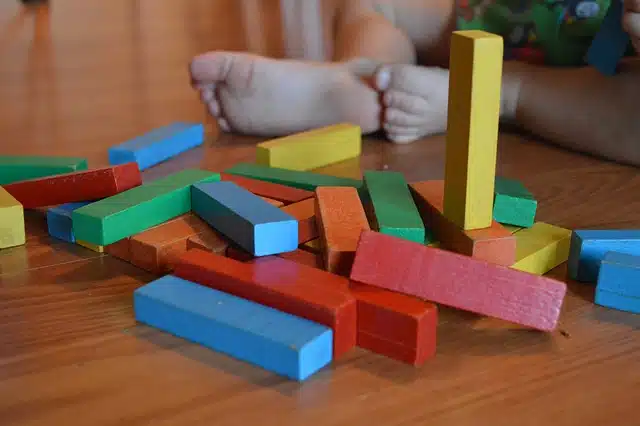
Preschool education precedes primary school.
Preschool is an adjective used to refer to the stage of the educational process that precedes primary school . This means that, before starting primary education, children go through a period classified as preschool.
The characteristics of preschool education depend on each educational system. Generally, this is a stage that is not mandatory : the children's parents can therefore decide whether to send their children to these educational centers or not. In some countries, however, preschool is part of education .
There are various ways to name establishments that offer preschool educational services. This may be a kindergarten , daycare center , or other type of center . Typically, they receive children between a few months old and up to six years old, the age from which the child must enter primary school.
Origins of preschool education
In the early stages of the 19th century , specifically in the year 1816 , is where the origin of preschool education is found. And it was at that time when, in the Scottish city of New Lanark , the pedagogue Robert Owen , also recognized for being a utopian socialist, carried out the founding of the first preschool institute.
A proposal that then, shortly after, began to spread throughout the world. In this way, another educational center of this type was also launched in 1828 , by Countess Teresa Brunszvik , which received the name Angyalkert , which can be translated as "Angel Garden" .

Preschool training is usually not mandatory.
Its importance
Preschool education centers are responsible for taking care of children and stimulating their senses . In this way, they manage to generate the mental structures necessary for the development of formal learning that they will begin in the following years.
Preschool education is also important for the child's socialization . This is the first time that he has left his family environment and has spent time without his parents. These institutions, on the other hand, bring him closer to other children, forming new bonds.
Among the pillars of preschool education , we could highlight the following:
-The development of motor training.
-The development of creative capacity.
-The impulse to the capacity of expression, in all its different modalities.
-Knowledge of the alphabet and the first approaches to reading.
-The development of number sense.
Benefits of preschool training
Although it is true that it is not mandatory, more and more parents choose to take their children to preschool education centers. And this brings with it important benefits such as these:
-The subsequent educational success of students is favored.
-It enables minors to function in the world on their own.
-They learn values such as empathy, tolerance, solidarity, respect for others...
-Children learn what discipline is and that every goal requires effort to achieve.
-Minors sharpen their creativity.
It is important to highlight that preschool education centers must have the endorsement of the State for their operation. This guarantees that children will be cared for as they should, in a healthy environment.
